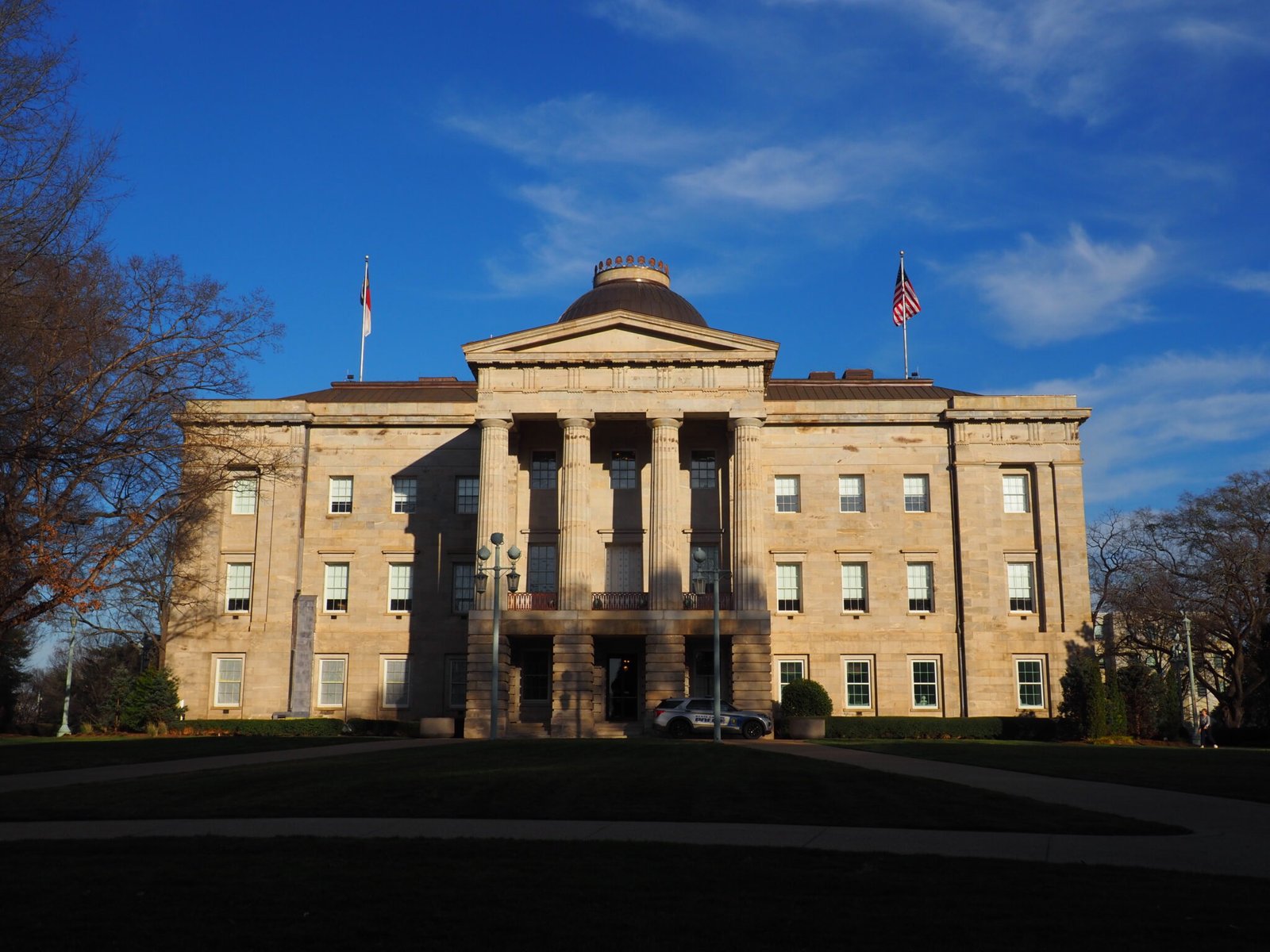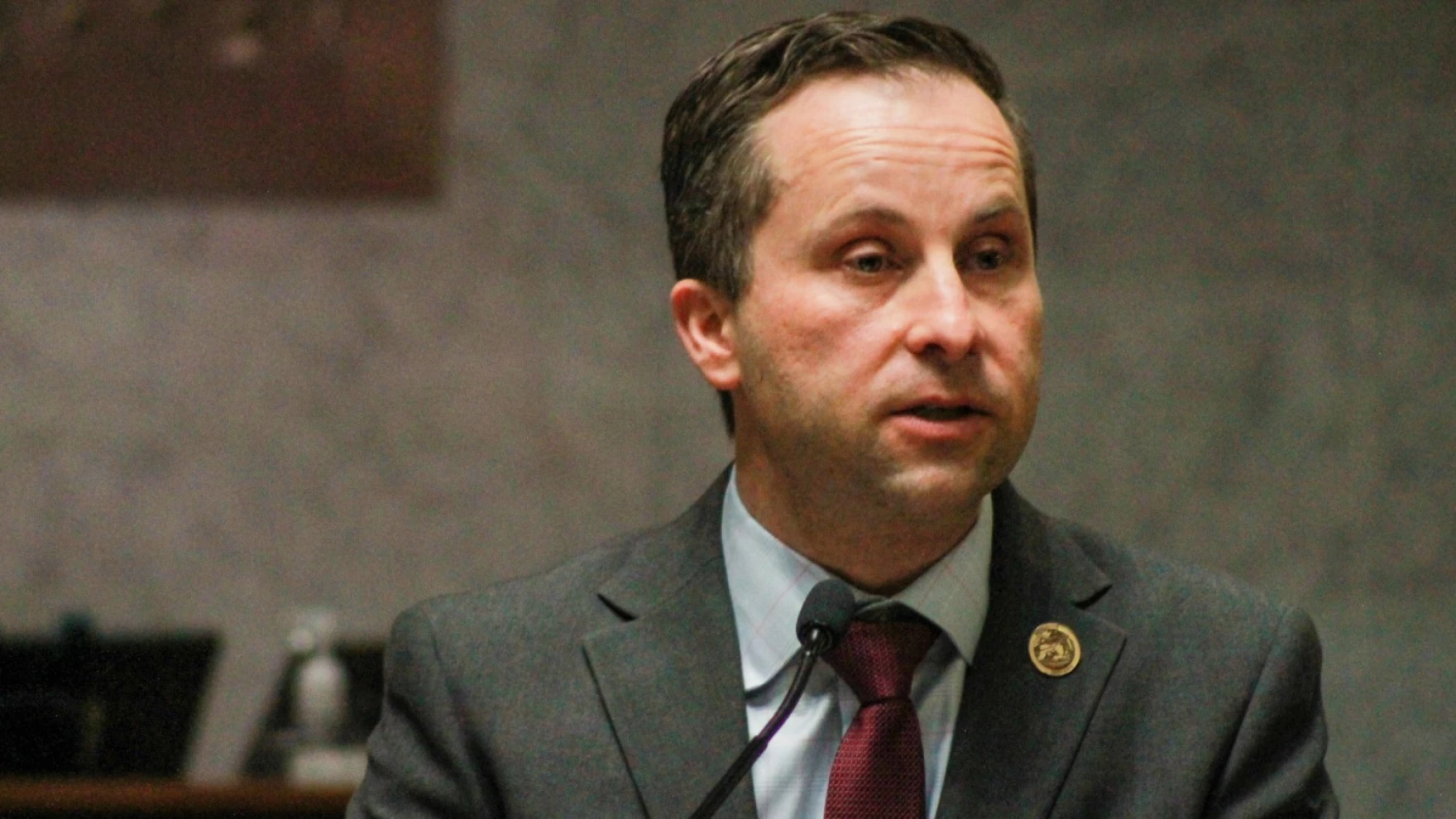Mark Warner is a prominent American politician serving as a U.S. Senator from Virginia since 2009. Born on December 15, 1954, in Indianapolis, Indiana, Warner has built a reputation as a moderate Democrat known for his pragmatic approach to governance and his focus on economic development, technology, and national security. His political career spans decades and includes significant achievements both as a governor and a senator.
Warner’s educational background laid a strong foundation for his career. He graduated from the University of Virginia with a degree in economics in 1977. He then went on to earn a law degree from the University of Virginia School of Law in 1982. Before entering politics, Warner became a successful businessman and venture capitalist. He co-founded the company that eventually became Nextel Communications, which was a major player in the telecommunications industry. This experience gave him valuable insight into business, technology, and innovation, all of which have influenced his political work.
His political career began in earnest when he was elected governor of Virginia in 2001, serving from 2002 to 2006. During his tenure as governor, Warner was praised for his efforts to improve the state’s economy and education system. He also served as chair of the National Governors Association from 2004 to 2005, where he worked to build cooperation among state leaders across the country. His time as governor solidified his reputation as a pragmatic and results-oriented leader.
In 2008, Mark Warner was elected to the U.S. Senate, where he continues to represent Virginia. In the Senate, he has taken on influential roles, serving on several key committees such as the Senate Intelligence Committee, where he acts as vice chairman. He is also a member of the Senate Banking, Housing, and Urban Affairs Committee, as well as the Senate Commerce, Science, and Transportation Committee. These assignments reflect his expertise in national security, financial regulation, and technology policy.
Warner has focused much of his Senate work on national security and intelligence oversight. His role on the Intelligence Committee places him at the center of important discussions on protecting the country from cyber threats, terrorism, and foreign interference. He has been a vocal advocate for improving cybersecurity measures and enhancing the country’s ability to respond to evolving threats. His experience in the private sector has helped him bring a unique perspective to these issues.
Economic innovation and job creation are also high priorities for Warner. He supports policies that encourage technological advancement and the growth of high-tech industries. He has championed expanding broadband access to underserved areas, understanding the critical role that connectivity plays in education, business, and healthcare. By promoting technology and innovation, Warner aims to help Virginia and the nation stay competitive in a rapidly changing global economy.
Warner is widely recognized for his ability to work across party lines. As a moderate Democrat, he often collaborates with Republicans on bipartisan initiatives. This willingness to find common ground has earned him respect from colleagues on both sides of the aisle. He has worked on campaigns to improve healthcare and education while also pushing for reforms to strengthen election security and campaign finance transparency.
His political stance emphasizes pragmatic solutions over partisan politics. Warner believes that government should focus on delivering results that benefit citizens, rather than engaging in divisive battles. This approach has made him a key figure in Virginia politics and a respected voice in the U.S. Senate.
Mark Warner’s personal life reflects his commitment to Virginia. He is married to Lisa Collis and has three children. The family resides in Virginia, where he continues to engage with local communities and support initiatives that promote opportunity and growth. Warner’s background as a businessman, governor, and senator makes him a multifaceted leader who understands the complexities of modern governance.
Warner has occasionally been mentioned as a potential candidate for higher office, including the presidency or vice presidency, though he has not pursued these positions. His focus remains on serving Virginia and addressing pressing issues through thoughtful legislation and collaboration.
His leadership on technology, economic development, and national security continues to shape key policies affecting not only Virginia but also the entire nation. Warner’s role in the Senate is critical as the country faces challenges related to cybersecurity, economic change, and political division. His experience and steady approach position him as an influential figure in American politics well into the future.







